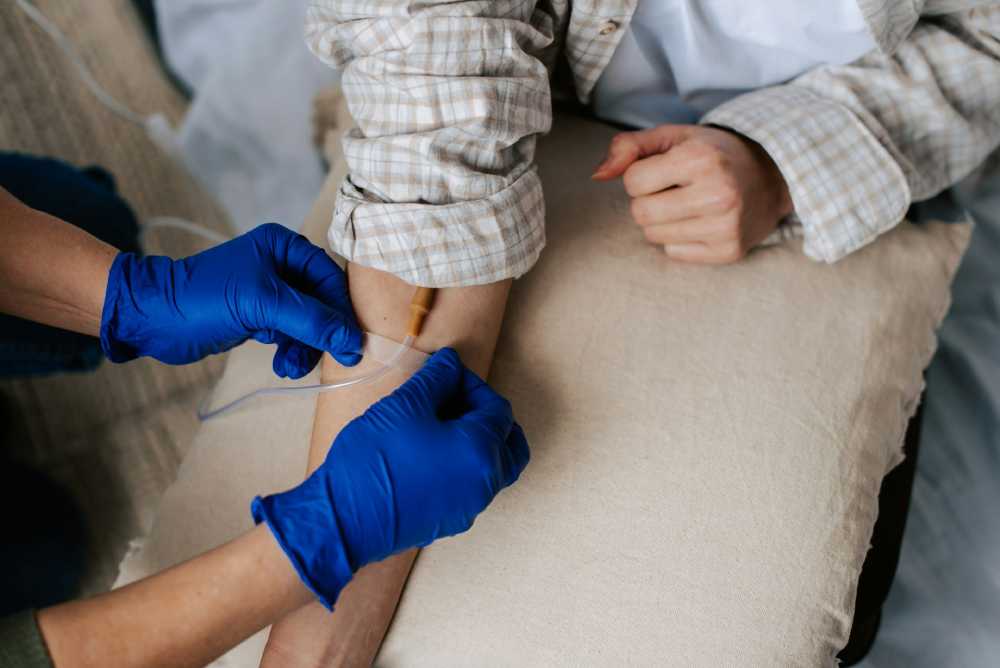Understanding Different Types of Cancer Treatment in Oncology
The field of oncology has evolved significantly over recent years, with remarkable strides in developing sophisticated treatment options. These advancements, including those made in San Diego oncology practices, represent a beacon of hope for patients worldwide.
A deeper understanding of the mechanisms driving cancer proliferation has facilitated the development of therapies that offer patients a fighting chance and an improved quality of life. In this comprehensive guide, we will navigate the array of treatment strategies, uncover the potential of early diagnostic tools, and consider the integral role of lifestyle and holistic care in battling cancer.
Conventional Cancer Treatments
The brute force of chemotherapy and the precision of radiation therapy have long been the mainstays in the fight against cancer. Surgery often serves as a definitive measure to eradicate tumors when they are localized. These conventional treatments have saved countless lives, but they can come with significant costs to patients’ well-being, often resulting in a wide range of side effects.
While still essential tools in certain scenarios, recognizing their limitations has driven the medical community to seek out and develop additional avenues of treatment to improve patient tolerability and outcomes.
The Advent of Targeted Therapies
Giving new meaning to the term ‘tailored treatment,’ targeted therapies represent a transformative approach to cancer care. These therapies distinguish between healthy and cancer cells, focusing their effects on specific cancer-associated molecular targets.
This specificity means that targeted therapies may lead to fewer side effects than traditional chemotherapy. In personalized medicine, genetic profiling of tumors allows for an even more nuanced approach, with therapy regimens customized to an individual’s genetic makeup, maximizing treatment efficacy and minimizing unnecessary exposure to potentially harmful treatments.
Breakthroughs in Immunotherapy
One of the most exciting areas of cancer treatment research is immunotherapy. This innovative approach leverages the body’s immune system to identify and attack cancer cells. It’s a revolutionary concept that has transformed the treatment landscape for several types of cancer, offering hope for those with previously untreatable diagnoses.
Techniques like checkpoint inhibitors, which remove the ‘brakes’ from the immune system, allowing it to attack cancer more effectively, and the personalized nature of CAR T-cell therapies are creating new frontiers in medication management.
The Importance of Early Detection
The adage “the sooner, the better” holds regarding cancer treatment. Improved screening and surveillance methods have been central to identifying cancer at earlier stages when the disease is more likely to respond to treatment.
Diagnostic innovations, such as liquid biopsies, offer the potential for even earlier detection. This non-invasive approach to diagnosing cancer has gained substantial attention for its ability to detect cancer cells or their DNA from a blood sample, and is an area of intense research focus that could reshape the future of cancer care and survival rates.
Lifestyle Choices and Cancer Prevention
Cancer prevention extends beyond the hospital and into everyday life choices. A growing body of evidence supports the role of a healthy diet, regular physical activity, and the avoidance of known carcinogens like tobacco in reducing the risk of developing cancer.
There is an emphasis on consuming a diet high in fiber, fruits, and vegetables and low in processed meat and sugar. These positive lifestyle choices, aligned with regular health screenings, are key components of a holistic approach to cancer prevention, contributing to reduced cancer incidence across populations.
Mental Wellness in Cancer Journey
A cancer diagnosis can be as much a psychological challenge as a physical one. The journey is often marked by a rollercoaster of emotions, from fear and denial to hope and resilience. As such, providing support for mental well-being is an essential component of comprehensive cancer care.
Counseling, psychological services, and peer support groups can greatly assist individuals and their families in coping with the disease’s emotional burdens. Attending to patients’ mental health is compassionate and contributes to the overall effectiveness of treatment plans.
Educational and Digital Resources for Patients
As the digital revolution touches all aspects of our lives, the field of oncology is also embracing technology. An informed patient is an empowered one, and thanks to a surge in digital health resources—from detailed educational materials online to telehealth services and mobile health apps—patients have more information at their fingertips than ever before.
These tools aid in demystifying the complexities of cancer care, allowing patients to take a more active role in their treatment strategies and communicate more effectively with their healthcare providers.
Embracing the Future of Oncology
The oncology landscape is markedly different from just a decade ago, and it continues to morph rapidly, propelled by relentless innovation and commitment from the global medical community. As our understanding of cancer deepens, so too does our ability to confront it head-on with an expanding arsenal of treatments that offer promise to those facing the disease.
Embracing a future where cancer is not a terminal diagnosis but a treatable condition is the continued mission of oncologists and researchers worldwide. With patient-centered care at the heart of these endeavors, the path ahead is one of optimism, courage, and unwavering determination.

